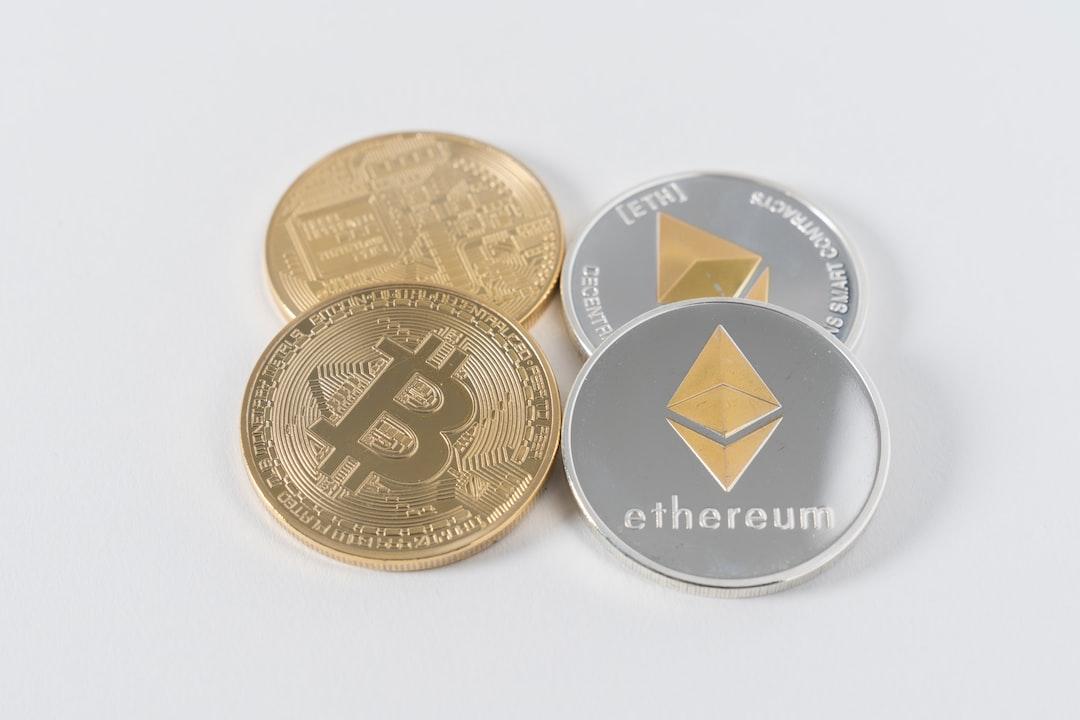Coinbase, one of the leading Bitcoin exchanges globally, has recently introduced support for the Bitcoin Lightning Network. This new feature allows Coinbase users to choose between the Lightning Network and the traditional Bitcoin network when transferring Bitcoin (BTC).
By utilizing the layer-2 Lightning Network, customers can now send Bitcoin at a faster pace and at a lower cost compared to transactions on the Bitcoin blockchain. To make use of the Lightning Network, the recipient generates an invoice containing a lengthy string of characters that Coinbase will recognize as the transfer amount.
Transfers made on the Lightning Network are almost instantaneous, in contrast to transfers on the Bitcoin network, which can take anywhere from 10 minutes to 2 hours due to the limited number of transactions the Bitcoin network can process per second. However, Coinbase issued a warning on April 30, stating that transfers to certain self-custody wallets via Lightning may take longer or fail due to unique implementations or fee structures.
Coinbase will charge a processing fee of 0.1% of the transfer amount for senders.
Coinbase partnered with Lightspark, a Lightning payments solution provider, for the integration of this new feature. Led by former PayPal president David Marcus, Lightspark views this partnership as a significant milestone in their joint mission to offer practical solutions for online payments. On its website, Lightspark explained that Coinbase is implementing a remote-key signing system, where the Lightning signing keys are held entirely by Coinbase, while Lightspark hosts their Lightning node.
Viktor Bunin, a protocol specialist at Coinbase, stated in an X post that the exchange began considering Lightning in August. However, he clarified in a statement to Cointelegraph that they had been evaluating the network for several years. Bunin believes that the integration of the Lightning Network is another major achievement for the cryptocurrency ecosystem.
Coinbase is renowned as one of the largest Bitcoin exchanges globally. Many of its competitors have already incorporated Lightning into their services, with Binance adding it in July 2023, Kraken in 2022, and Bitfinex in late 2019.
According to a magazine report, 68% of Runes are currently in the red. This raises questions about whether they truly enhance the Bitcoin experience.

